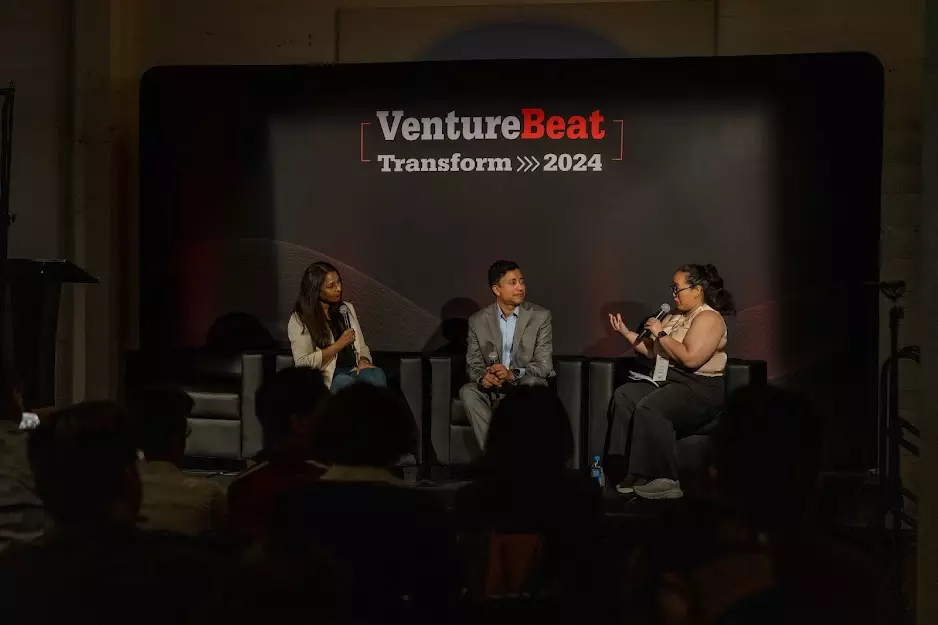Integrating generative AI into healthcare practices goes beyond just implementing new technology. Kiran Mysore, chief data and analytics officer at Sutter Health, and Aashima Gupta, Google Cloud Director for global healthcare, highlighted the transformative power of generative AI during a panel at VentureBeat’s Transform event. They emphasized how this technology has significantly reduced the burden of administrative tasks in clinical settings.
One of the key benefits of generative AI in healthcare is the improvement in patient and physician experiences. Mysore discussed how AI has optimized the patient-physician interaction by eliminating distractions such as physicians being preoccupied with typing on computers during consultations. This enhancement allows physicians to focus more on actively listening to patients and understanding their medical history, ultimately leading to better diagnosis and treatment decisions.
Gupta mentioned that the healthcare sector has witnessed a rapid digitization process accelerated by the COVID-19 pandemic. Systems like Epic have facilitated the seamless exchange of health information between patients and medical providers. Furthermore, organizations like Kaiser Permanente have leveraged AI technologies to implement predictive analytics for proactive patient monitoring. The use of generative AI in healthcare not only improves workflow efficiencies but also enhances the overall patient care experience.
Despite the numerous advantages of generative AI in healthcare, Gupta emphasized that the technology is still in its early stages and should not be used for diagnosing patients. Instead, Google Cloud aims to empower healthcare providers by enabling them to leverage data effectively and develop tools to enhance patient care. For instance, Google Cloud’s MedLM model assists in summarizing nurse shifts, reducing the administrative burden on healthcare workers.
Mysore acknowledged that some healthcare professionals may feel uncomfortable adopting AI technologies due to concerns about trust and the unfamiliarity of new tools. To address this resistance, he highlighted the importance of engaging with stakeholders, providing training and support, and gradually introducing AI solutions to healthcare settings. By identifying and empowering early adopters who are open to change, organizations can effectively navigate the transition towards implementing generative AI in healthcare practices.
In the heavily regulated healthcare industry, collaboration and compliance are crucial aspects of integrating AI technologies. Gupta emphasized the need to address user concerns and actively involve stakeholders in the decision-making process. By prioritizing transparency, accountability, and regulatory adherence, healthcare organizations can build trust among healthcare professionals and patients regarding the use of generative AI for improving healthcare outcomes.
Overall, the integration of generative AI in healthcare represents a significant advancement in optimizing patient care, streamlining administrative processes, and enhancing the overall healthcare experience. As technology continues to evolve, collaboration between healthcare providers, technology partners, and regulatory bodies will be essential in harnessing the full potential of AI-driven innovations in the healthcare industry.


Leave a Reply